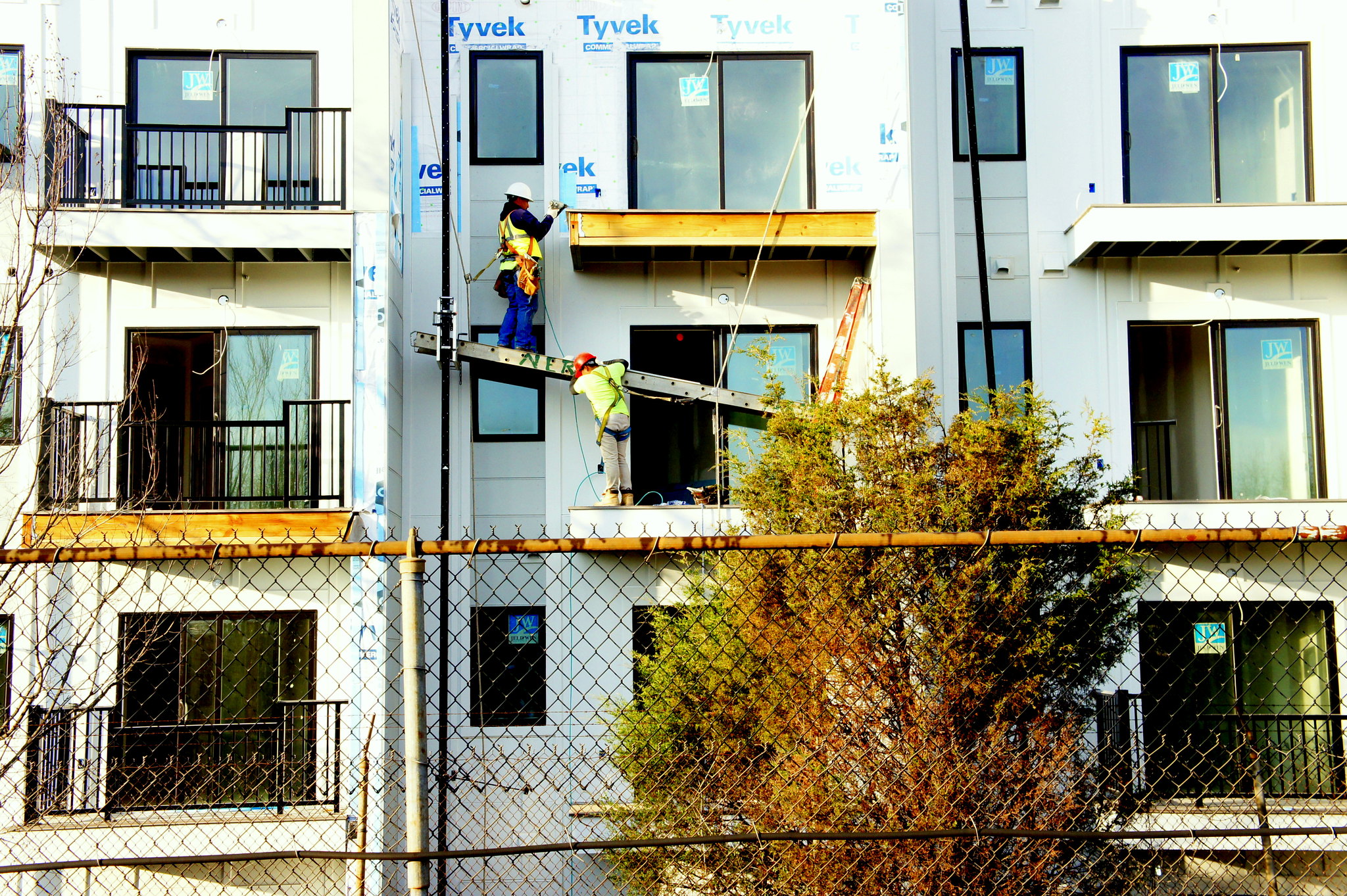I’ve been writing this blog on and off for over 20 years. Sometimes it seems that the basic stories remain the same; only the names change.
Such is the story of the tragic death of 16-year old Michael Schuls who was killed last month in a sawmill.
Schuls
had been trying to unjam a wood-stacking machine while working in a sawmill on June 29 when he was pinned inside…Surveillance footage of the tragic incident shows Schulz, who had been working alone, stepping onto a conveyor belt to unjam the machine, per the AP. He had not pressed a safety button that automatically shuts down the machine before doing so. About 17 minutes later, a coworker found him stuck in the machine.
Any workplace death is tragic. The death of a 16-year old even more so. The only bright spot is that Schuls was able to donate his organs, saving the lives of several people, including his mother.
But the point of this post is not the tragedy of Schuls’ death, but this headline that appeared in the West Palm Beach Messenger News.

As those knowledgeable about workplace safety well know, getting a part of one’s body caught in a piece of machinery that hasn’t been shut down and locked out is not a “freak accident.” In fact, as readers of the Weekly Toll know, it’s not even uncommon.
The problem with labeling something like this a “freak accident” is not just that it’s wrong, it’s that the phrase implies that this type of incident hardly ever happens and there is, therefore, not much you can do about it.
In fact, the phrase “freak accident” is a double-whammy. Not only dies the word “freak” imply “rare,” but the word “accident,” defined as “an unfortunate incident that happens unexpectedly and unintentionally, typically resulting in damage or injury,” implies that the event was “unexpected.”
Instead of writing the same post yet again, I’m reposting below the last article I wrote about “freak accidents” a year ago and you can read many others here and here.

For most reporters who use the term, “freak accident,” it just means something that they’ve never heard of before.
“Unusual?” “Unlikely?” I’ve seen articles describing a worker getting his head caught in a machine he was repairing termed a “freak accident.” That kind of incident is so unusual that 30 years ago OSHA issued a standard designed to prevent incidents like that. I’ve seen electrical linemen getting electrocuted as “freak accidents.” Getting crushed by machinery or in a trench collapse or forklift incidents — I’ve seen them all described as “freak accidents,” despite the fact that they’re well-known and all-too-common causes of workplace death.
The latest contribution comes courtesy of miner advocate and attorney Tony Oppegard, writing about the death of 44-year-old Paul Springer, in an LCT Energy coal mine in Pennsylvania last week. The headline in the Johnstown Tribune-Democrat thundered:
Coroner: ‘Freak accident’ likely to blame for miner’s death
,What was so unusual, unlikely or freakish about Springer’s death?
Nothing, according to Oppegard, writing in Facebook:
And, of course if it’s just a freak accident, you don’t really have to do much about it because it’s just one of those unavoidable things. Right? And then as a business owner there’s only one thing left to do.
[LCT Energy President Mark] Tercek said the company’s “thoughts and prayers” were with Springer’s family and friends during the difficult time.
Thoughts and prayers. But no commitment to investigate the death or correct the hazards that cause the fatality.
Thoughts and prayers. But no commitment to investigate the death or correct the hazards that cause the fatality.
Move along, nothing to see here.
A Guide for Reporters: What Is — And Is Not — A Freak Accident?
Being a reporter is hard. So much news. So many deadlines. So little time to actually learn about the subject you’re writing about. And coroners apparently, know even less.
So how do you tell what a freak accident is and what is not? Here are some hints that I’ve used before:
Not a freak accident: Getting caught in machinery that has not been locked out
Freak Accident: Getting hit by a meteor while working on a roof.
Not a freak accident: Getting electrocuted when your construction vehicle hits a power line.
Freak Accident: Getting shot by a stray bullet while working on a construction site.
Not a freak accident: Getting hit by lightning while working in the fields during a thunder storm.
Freak Accident: Getting crushed by a falling tree while delivering the mail.
Not a Freak Accident: Any cause of death or injury for which there’s an OSHA or MSHA standard.
I’m sure this isn’t the last post I’ll write on this subject. In the meantime, if you run across articles claiming that predictable and preventable workplace injuries or fatalities are “freak accidents,” don’t hesitate to educate the reporter.

101%, We’ll written & explained….atypical Media Sensationalism.
Excellent, Excellent article!
Should be included in Accident (Incident) Investigation 101.
Thanks Jordan.